Advantages and Disadvantages
of Biomass
Knowing the disadvantages of biomass is just as important as knowing the advantages of biomass so I'll cover them both here.
As with any heating system, biomass does have its pros and cons. So in this section I'll explain these further (although we're a UK based site these pros and cons will apply to you wherever you're living).
Before I get to the advantages and disadvantages of biomass it's worth pointing out a few biomass facts and figures. Just to give you a little background information.
Interesting Biomass Facts:
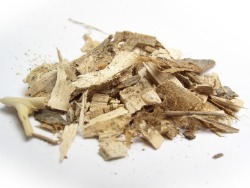
- 12 cubic metres of wood chips can produce similar levels of heat
to 1000 litres of heating oil.
- Around six million tonnes of wood is wasted by being sent to landfill
in the UK each year. That's wood that's perfectly good and could be used in biomass boilers to heat your home and mine.
- Every year our forestry industry wastes enough biomass to heat 1,500,000 homes.
- The payback period of biomass varies depending on the efficiency of your biomass boiler (which is improving all the time) and how efficient your lifestyle and house is (i.e. how much heat does your family use and how well insulated and draft proofed your house is). Typically you could expect a payback period of between 5-9 years, but this will vary for the previously stated reasons.
- The typical life expectancy of a domestic biomass boiler is around 18-20 years.
At this point it's worth mentioning the main types of biomass and their main differences before we get into the generic advantages and disadvantages.
Wood Pellets:
Wood pellets are fast becoming the industry norm as they are easier to store, they burn cleaner and produce less ash. Provided they are stored correctly.
As a result the vast majority of modern biomass boilers are set up to burn wood pellets.
Wood Chips:
Chips are still used but hare being overtaken by pellets as the main grants tend to support the use of pellet boilers.
Chips tend to be used where people have easy access to their own supply of wood which they can chip themselves.
Logs & Sticks:
As with timber chips the use of logs and sticks tends to be used by people with direct access to timber.
Advantages of biomass:
- Biomass is a sustainable fuel source, if managed correctly, i.e. trees need to be planted to replace those used.
- It's virtually carbon neutral. I say virtually as
there is a carbon cost involved in cutting down the trees, transporting
the wood and processing the wood into logs, chips or pellets.
So obviously if you have sustainable woodland beside your property and you use a log boiler, you will be closer to achieving carbon neutrality than someone who buys biomass fuel pellets and has them delivered.
However the boiler that uses wood pellets will be more efficient, producing less ash and will be less labour intensive on your part to look after. - Most wood pellet boilers can be used in a smokeless zone. But always check with your supplier.
- Provided your biomass boiler is well maintained it should produce very little smoke. (If not well maintained this will become one of the disadvantages of biomass, as the less efficiently they burn the longer your payback period will become).
- Biomass is a good way of using up waste wood. If you're using a log or chip based system you can easily use waste wood, with a
little preparation.
Wood chippers are widely available but you'll need to make sure it's capable of producing consistent biomass grade fuel chips to suit your boiler (check with your boiler manufacturer for their requirements).
- Biomass fuels are less susceptible to price increases than traditional fuels such as oil and gas.
- If you replace a coal or electric heating system with biomass you can reduce your carbon dioxide output by around 9.5 tonnes per annum.
Disadvantages of biomass:
- The boilers need more space as they're normally larger than gas or oil boilers. They also require a lot of space to store the fuel, such as a hopper or wood store.
- Biomass cost - fuel costs can be similar to gas but are much cheaper than solid fuel or electric heating. This makes biomass an ideal replacement for solid fuel or electric heating systems.
- One of the largest disadvantages of biomass is the Initial costs such as buying the boiler and installing it are high compared with traditional gas or oil boilers. A boiler on its own can cost between £4,000 - £8,000 installed. However this is currently offset by the Renewable Heat Incentive.
- Fuel needs to be kept dry if it's to burn cleanly and efficiently. So storage needs to be considered carefully.
- Biomass can be more labour intensive than traditional gas or
oil installations unless you use a hopper, as you'll have to keep it topped up with pellets or chips etc.
- It's true that you will need to clean out your biomass boiler on a regular basis (around once a week) but modern biomass boilers make this very simple process. Some even do it for you.
- You'll need a reliable supply of fuel as all the various types of biomass fuel are not always readily available close to your home. The further they have to be transported the greater the carbon footprint and the greater the cost. So check out availability before buying your boiler.
Summary:
Provided you research your boiler and your local fuel supply there's no reason why biomass boilers can't work for you. There's actually a very good financial case to be made for them in the UK with the introduction of the Renewable Heat Incentive (RHI) for domestic properties.
After doing the sums on the RHI for my own property, I was so impressed by the numbers and the payback period that I've now installed a wood pellet biomass boiler.
If the figures work out the way I expect my heating costs for the next seven years should be £0. As opposed to sticking with oil and spending £14,000 on oil over the next 7 years... a real no brainer as far as I was concerned. (PLEASE NOTE - everyones properties will be different, my property has solid stone walls and my figures will not be the same as yours, so you need to do your own calculations to check viability).
It's true there are disadvantages of biomass boilers and they aren't the right solution for everyone. There is the initial outlay for purchase and installation and the UK couldn't physically produce enough timber to fuel them if we all installed biomass systems.
Thankfully there are green alternatives to biomass boilers in the form of heat pumps. So no matter what your current position there is always alternatives that will suit your current heating needs.
Now that you're aware of the advantages and disadvantages of biomass, you'll be in a better position to decide if biomass is the best option for you.
Always check before deciding on a biomass boiler that you have room to store your fuel if you're using pellets and that there's a reliable supply of your chosen fuel type as we don't all have access to sustainable woodland next to our house.
Follow the in-text links to get more information from my other articles on biomass before making your final decision.
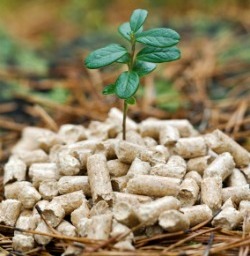

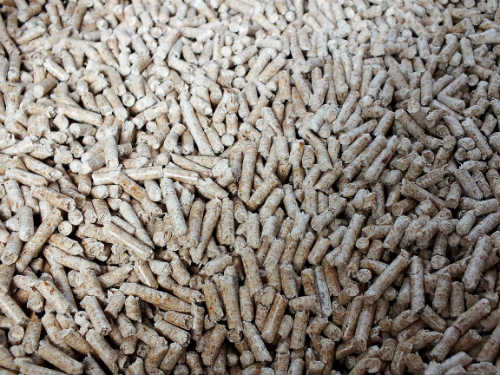
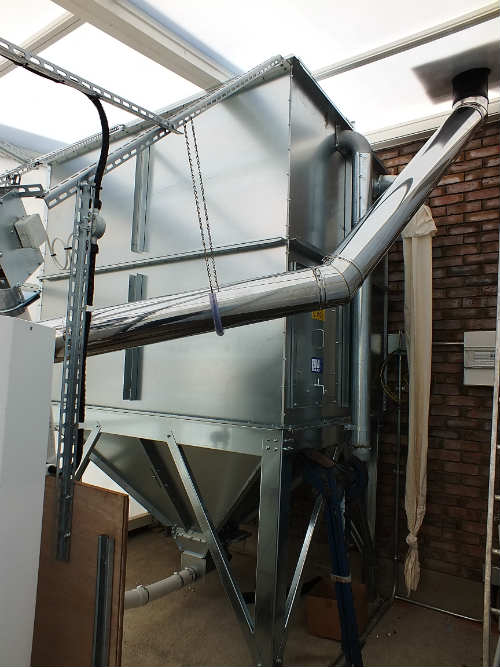
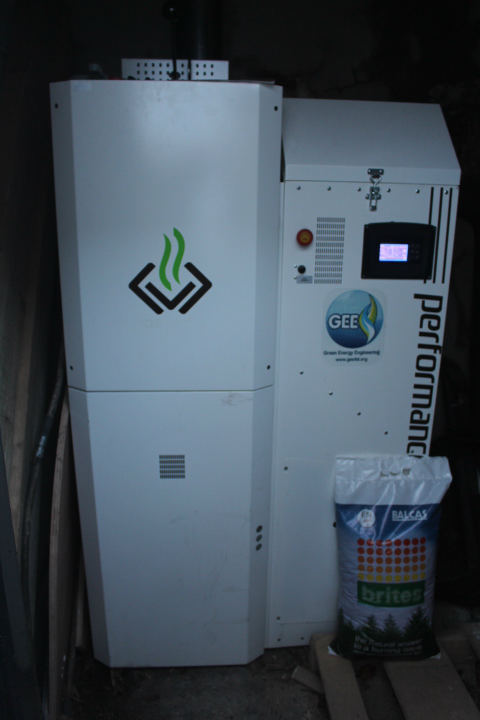
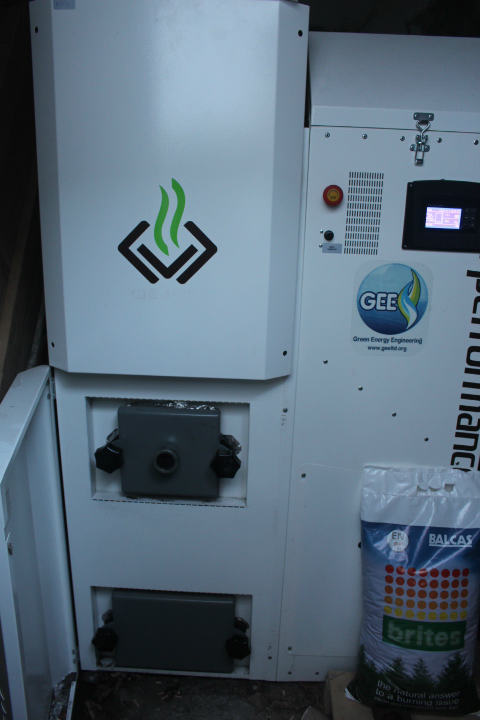
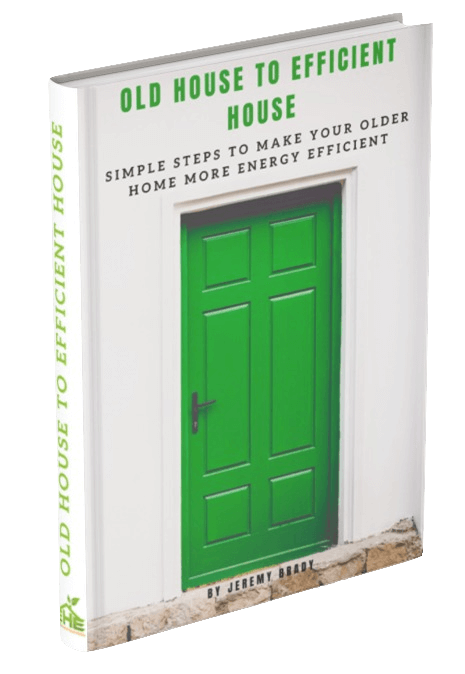




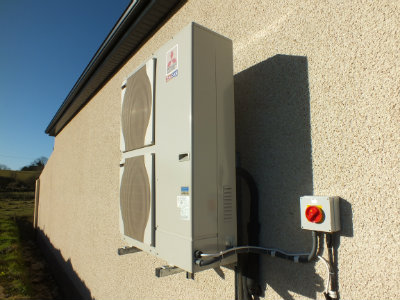
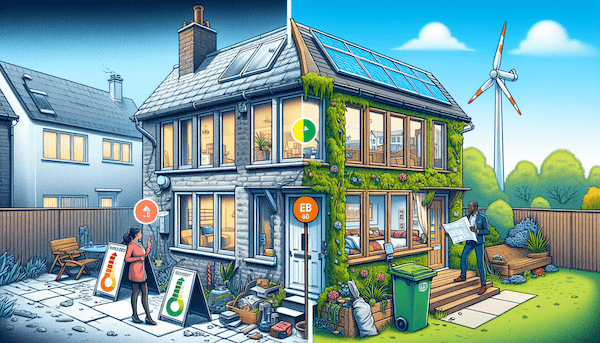
New! Comments
Have your say about what you just read! Leave me a comment in the box below.